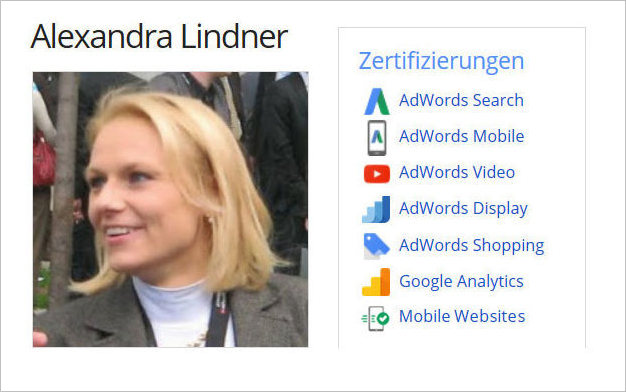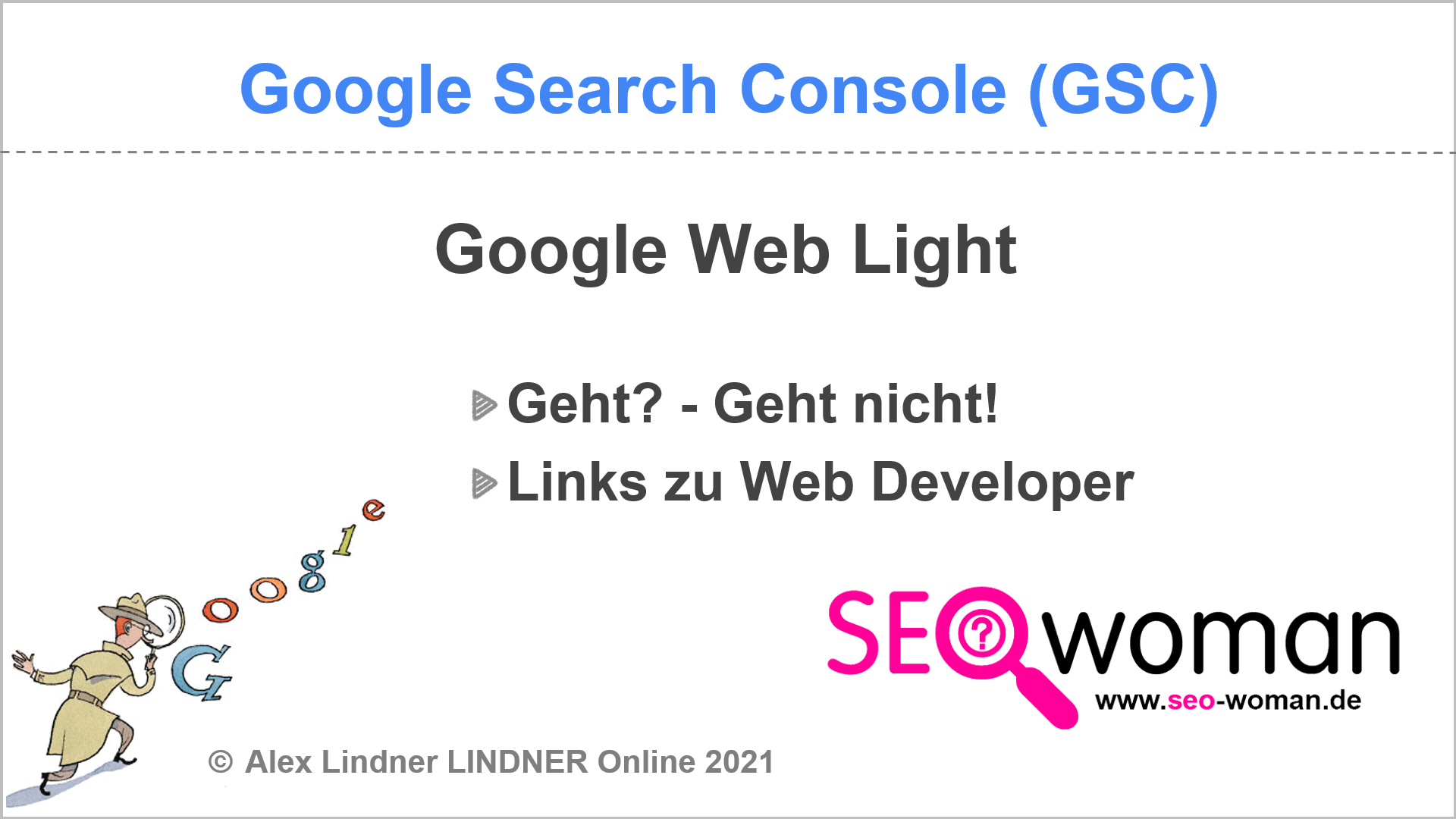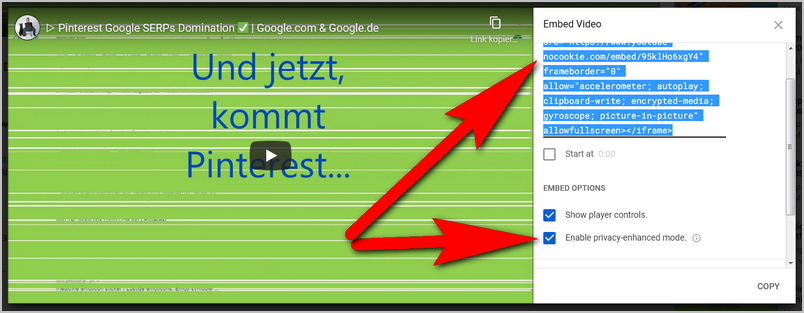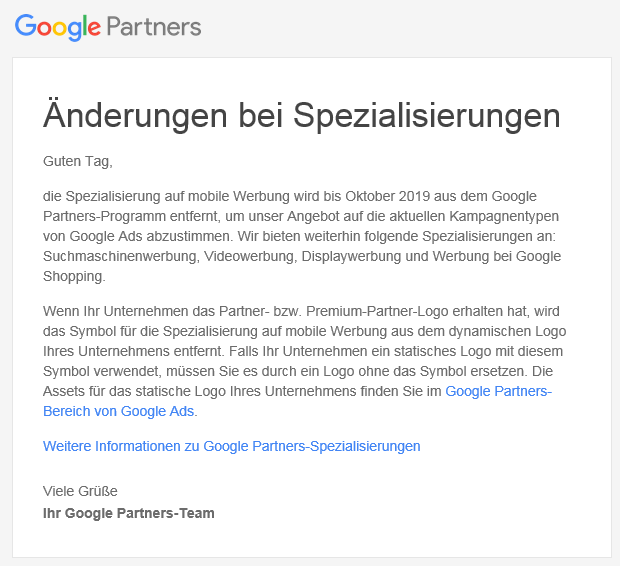Google-Buzz-Desaster
Todd Jackson (Product Manager, Gmail and Google Buzz) gibt im offiziellen Gmail Blog die Änderungen für Google Buzz bekannt und entschuldigt sich für den „Fehlstart“:
Es ist viel falsch gelaufen
We’ve heard your feedback loud and clear, and since we launched Google Buzz four days ago, we’ve been working around the clock to address the concerns you’ve raised.
1. Änderung: „Auto-Follow“ wird zurückgenommen:
First, auto-following. With Google Buzz, we wanted to make the getting started experience as quick and easy as possible, so that you wouldn’t have to manually peck out your social network from scratch. However, many people just wanted to check out Buzz and see if it would be useful to them, and were not happy that they were already set up to follow people….
On Thursday, after hearing that people thought the checkbox for choosing not to display this information publicly was too hard to find, we made this option more prominent. But that was clearly not enough. So starting this week, instead of an auto-follow model in which Buzz automatically sets you up to follow the people you email and chat with most, we’re moving to an auto-suggest model. You won’t be set up to follow anyone until you have reviewed the suggestions and clicked „Follow selected people and start using Buzz.“
2. Änderung: „Auto-Connect“ wird zurückgenommen:
Second, Buzz will no longer connect your public Picasa Web Albums and Google Reader shared items automatically. Just to be clear: Buzz only automatically connected content that was already public, so if you had previously shared photos in an „Unlisted“ album or set your Google Reader shared items as „Protected,“ no one except the people you’d explicitly allowed to see your stuff has been able to see it. But due to your feedback Buzz will no longer connect these sites automatically.
3. Änderung: „Buzz-ausschalten“ wird möglich:
Third, we’re adding a Buzz tab to Gmail Settings. From there, you’ll be able to hide Buzz from Gmail or disable it completely. In addition, there will be a link to these settings from the initial start-up page so you can easily decide from the get go that you don’t want to use Buzz at all.
Don’t be Evil Google
Mit den automatisierten Algorithmus-Einstellungen für Google-Buzz hat es einen großen Nutzer-Aufschrei auf Google gehagelt.
Spiegel-Online vom 14.02.2010 über die
„Google-Patzer bei der Buzz-Einführung„
Ein in einem erbosten Blogeintrag dokumentierter realer Fall: Der gewalttätige Ex-Mann einer US-Amerikanerin wurde wegen regelmäßiger E-Mail-Kontakte automatisch der Freundesliste der Frau hinzugefügt – und fortan über all ihre sozialen Online-Aktivitäten informiert. Der inzwischen nicht mehr allgemein zugängliche Blogeintrag, in dem die Frau über ihre Erfahrungen berichtet, trug die Überschrift „Fuck you, Google„. Der Dienst habe dem gewalttätigen Ex ohne ihr Wissen ihren Aufenthaltsort und ihren aktuellen Arbeitsplatz verraten.
Angst um persönliche Identität im Netz?
Muss man sich wegen der ganzen Google-Umstellungen nun Sorgen um seine persönliche Identität und die eigenen Daten im Netz machen?
Persönlich denke ich „Nein“, aber man sollte sie steuern können.
Abschließend dazu noch ein Zitat:
„Stört mich alles nicht, künftig wird sowieso nur privat bleiben, was wir denken und soweit wir es noch für uns behalten, der Rest ist öffentlich“.







Keine Kommentare vorhanden